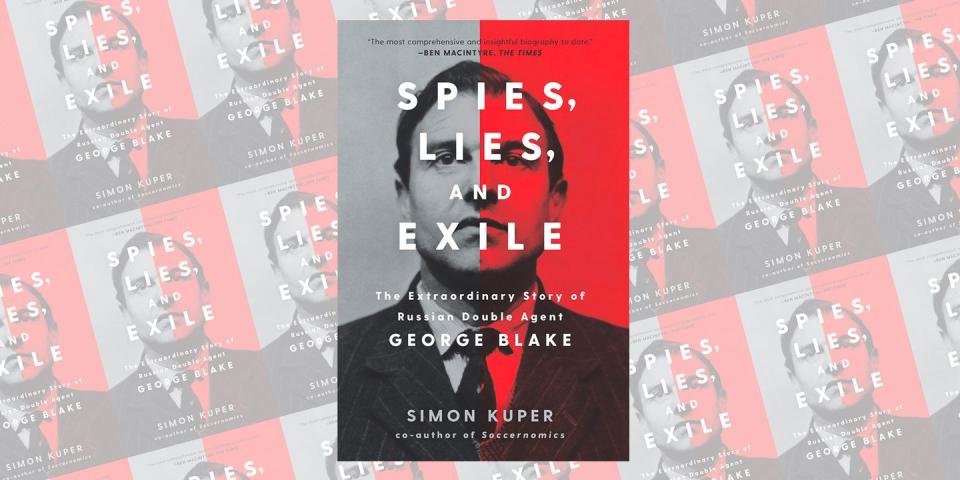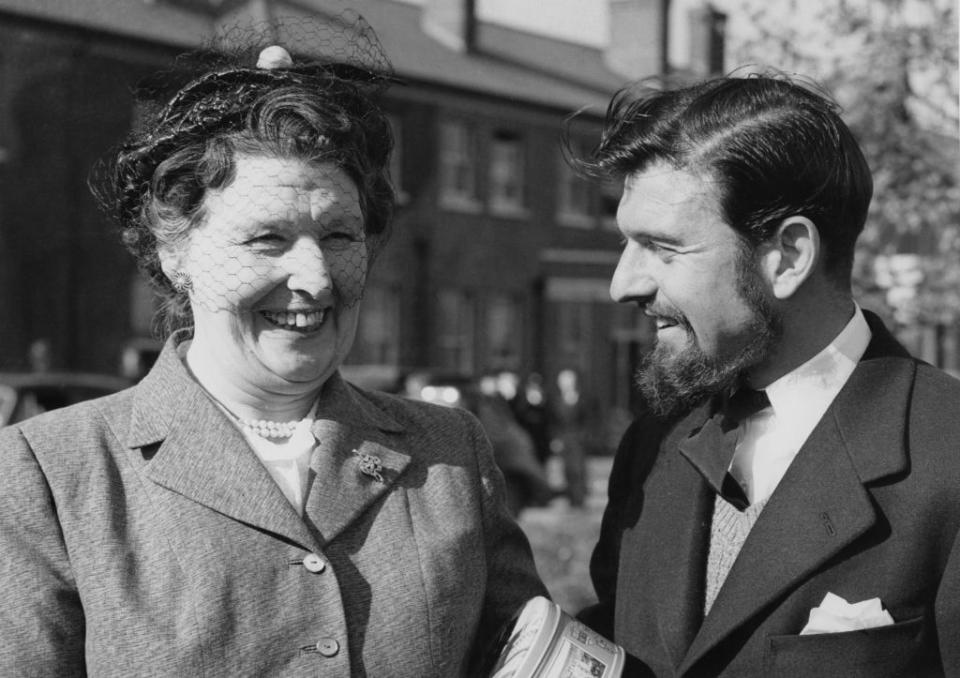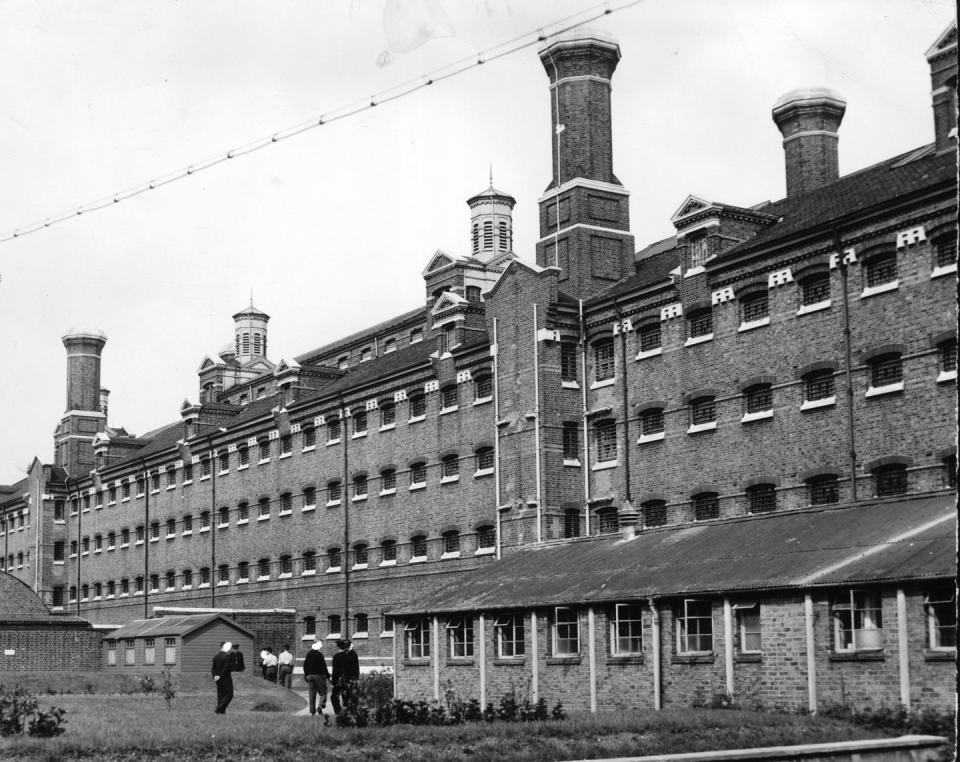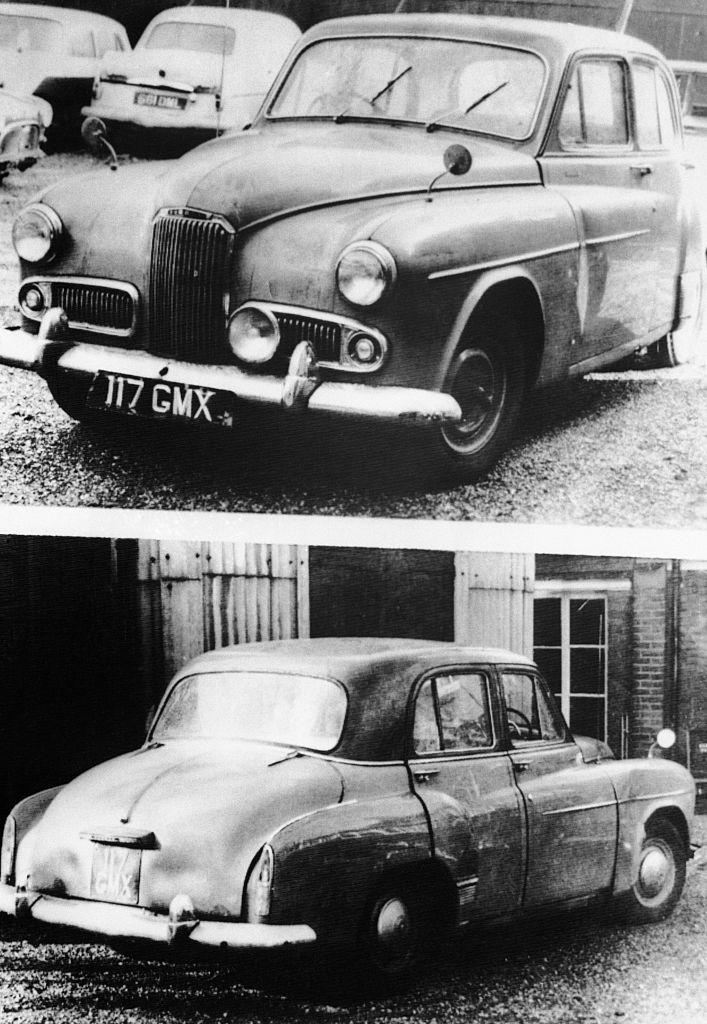How the Spy Who Gave Away England’s Biggest Secrets Escaped From Prison

In 2012, the Paris-based veteran journalist Simon Kuper reached out to a friend in Moscow and asked if there was any way he could help arrange a meeting with George Blake, the English double agent who spied for the Soviet Union for 17 years. It was a long shot, Blake had been keeping a low profile for political reasons, but the answer came back yes, and not long after Kuper found himself in the backyard of Blake’s dacha near the Russian capital.
Blake worked for the Dutch resistance during WWII and then joined England’s SIS (the precursor to MI6) after the war. While stationed in Seoul, he was captured and held prisoner by the North Koreans and recruited by the KGB. He returned to work after his release and for the better part of two decades he gave his Soviet handlers some of England’s most closely guarded secrets, including the names of hundreds of spies working behind the Iron Curtain. He was caught in 1961, confessed to everything, and sentenced to 42 years in prison. Then, in a cinematic twist, he escaped from prison and managed to make it to East Berlin and later Moscow, where he lived for the rest of his life
Blake was one of several famous British spies exposed in the 1950s and 1960s, but unlike other well-known turncoats— Donald Maclean, Guy Burgess, and the rest of the Cambridge Five—he remained something of an enigma. He was happily married in England with three children and never accepted payment from the KGB.

Kuper planned to write a newspaper article about Blake, but as the two men talked that afternoon in 2012 he realized he had a much bigger story. Blake was uncharacteristically reflective and open about his motives, his life in exile, and the role he and other spies played in the Cold War. Kuper agreed not to publish parts of their discussion until after Blake’s death (Blake was concerned about repercussions with Vladimir Putin’s government and for his family in England.)
Blake died at the age of 98 in December 2020. Kuper’s fascinating new book, Spies, Lies, and Exhile: The Extraordinary Story of Russian Double Agent George Blake, was published this week in the United States. Below is an excerpt describing Blake’s escape from London’s Wormwood Prison.
George Blake had spent the last forty minutes hiding in a passageway just inside the wall of Wormwood Scrubs Prison, waiting to escape. Sean Bourke, his accomplice on the outside, was supposed to throw a rope-ladder over the wall. But Bourke had gone quiet. Blake, soaked by the torrential rain, was getting desperate.
As the clock ticked to 6.50 p.m. on October 22, 1966, Blake began to suspect he wouldn’t hear from the Irishman again. He grew so despondent that he almost switched on his walkie talkie. He heard the bell calling the prisoners back to their cells. When they were counted at 7 p.m., his absence would be discovered. Police around the country would be alerted. In 1961 the Briton of Dutch origin had been unmasked as a KGB spy and had become the first officer in the UK’s Secret Intelligence Service (SIS, known today as MI6) ever to be convicted as a traitor. His 42-year jail sentence was the longest in British history. If he were caught trying to escape from the Scrubs, he could expect to be moved to a maximum-security jail, far from his wife and sons, and one day, decades later, to die there.

At about five minutes to seven Blake made his last bid for freedom. Using the agreed code names, he called Bourke on the walkie-talkie: ‘Fox Michael! You MUST throw the ladder now, you simply must. There is no more time! Throw it now, Fox Michael! Are you still there? Come in, please.’ Bourke on the outside wasn’t sure the coast was clear, but chucked the ladder
over the wall regardless. Blake saw ‘this thin nylon curling down like a snake.’ Here was his moment of truth. He ran to the ladder and climbed up it. ‘It seemed amazingly easy’, he would recall many years later. Bourke, seeing his face appear at the top of the wall, shouted, ‘Jump, jump, for Christ’s sake, jump!’ Blake jumped, and, evading Bourke’s clumsy effort to catch him, fell hard on the road, breaking his wrist and cutting his forehead. For a moment he lay still. Then Bourke bundled him into his old Humber car and whisked him away to a rented bedsit just a few hundred yards from the Scrubs. The streets West London were almost empty. The rain had made it a perfect night for an escape.

Within about forty-five minutes prison ocers had found the rope-ladder and, lying against the prison’s outside wall, like a clue out of Agatha Christie, a pot of pink chrysanthemums. When Blake’s fellow prisoners heard of his escape, they celebrated. Zeno, a war hero who was in the Scrubs for murdering his ex-girlfriend’s lover, wrote:
“There must have been nearer a hundred than fifty escapes in the years I have spent here, but I have never known a reaction like this. By concentrating, I can distinguish words and snatches of conversation.
… ‘He’s fucked ’em …’ And then, far away and faintly from the south end of the prison, singing, ‘For he’s a jolly good fellow’… I have always known of his popularity, but until now had never appreciated the extent of it.”

‘Blake the Spy Escapes from Scrubs Cell: Iron Bars Sawn Away’, screamed the Observer’s front-page headline the next morning. The newspaper reminded readers that at his trial in Blake had ‘admitted that every single official document of any importance to which he had access as an intelligence officer was passed to his Russian contact.’
Some quotes from a safe-robber recently released from the Scrubs added personal detail on the double agent: ‘He was very pro-British. He was a Communist, but an ideological one…He was very popular with the other prisoners … I have known men who went to him for Arabic, French and German lessons.’

Police were watching airports, south coast ports and Communist embassies in London. But a spokesman at the Soviet embassy told the Observer: ‘We have nothing to say. Why should you think he has come here?”
© Simon Kuper. This excerpt originally appeared in Spies, Lies, and Exile: The Extraordinary Story of Russian Double Agent George Blake, published by The New Press. Reprinted here with permission.
You Might Also Like

